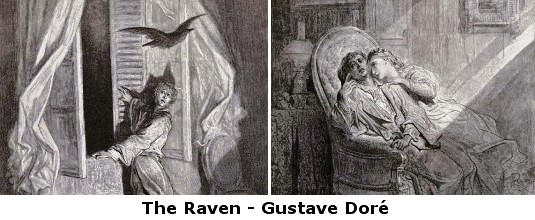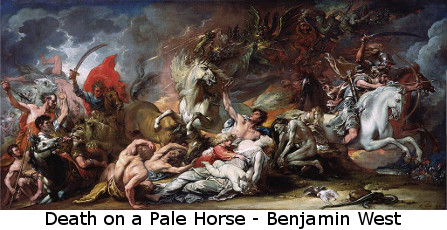J. R. R. Tolkien? Arthur C. Clarke? C. S. Lewis? China Miéville? Michael Moorcock? Neil Gaiman
Question for Quote Investigator: Today, the genres of science fiction and fantasy are ascendant in popular culture. But detractors have long complained that works in these domains are escapist, and critics have asserted that the literary values displayed are sharply circumscribed. The shrewdest riposte I have heard to these notions is:
Who are the people most opposed to escapism? Jailors!
Would you please explore the origin of this remark?
Reply from Quote Investigator: The exact concise formulation given above was written by the well-known science fiction author Arthur C. Clarke, but he credited the fantasy writer C. S. Lewis who was best-known for creating the world of Narnia. Indeed, a similar remark was made by Lewis, but he credited the prominent fantasy author J. R. R. Tolkien who was best-known for crafting the legendarium of the Middle-earth.
In 1938 Tolkien delivered a lecture about works of fantasy to an audience at the University of St. Andrews in Scotland. He extended his talk to produce an essay titled “On Fairy-Stories” which was published by the Oxford University Press in 1947. The essay was reprinted in a 1965 collection called “Tree and Leaf”. Tolkien championed the value of literature deemed escapist:1
I have claimed that Escape is one of the main functions of fairy-stories, and since I do not disapprove of them, it is plain that I do not accept the tone of scorn or pity with which “Escape” is now so often used: a tone for which the uses of the word outside literary criticism give no warrant at all.
Tolkien’s remarks were thematically related to the quotation, and he mentioned jailers, but there was no strongly matching statement within the essay. Boldface has been added to excerpts:
Why should a man be scorned if, finding himself in prison, he tries to get out and go home? Or if, when he cannot do so, he thinks and talks about other topics than jailers and prison-walls? The world outside has not become less real because the prisoner cannot see it. In using Escape in this way the critics have chosen the wrong word, and, what is more, they are confusing, not always by sincere error, the Escape of the Prisoner with the Flight of the Deserter.
C. S. Lewis discussed “escape” in an essay titled “On Science Fiction” which appeared in a 1966 collection. Lewis argued that some adherents of vehement political beliefs were hostile to exercises of the imagination because they wished to “keep us wholly imprisoned in the immediate conflict”:2
That perhaps is why people are so ready with the charge of ‘escape’. I never fully understood it till my friend Professor Tolkien asked me the very simple question, ‘What class of men would you expect to be most preoccupied with, and most hostile to, the idea of escape?’ and gave the obvious answer: jailers. The charge of Fascism is, to be sure, mere mud-flinging. Fascists, as well as Communists, are jailers; both would assure us that the proper study of prisoners is prison. But there is perhaps this truth behind it: that those who brood much on the remote past or future, or stare long at the night sky, are less likely than others to be ardent or orthodox partisans.
So, Lewis ascribed a closely matching version of the saying to Tolkien, but the remark was not written; instead, Lewis heard it during a conversation.
Here are additional selected citations in chronological order.
Continue reading “Quote Origin: Who Are the People Most Opposed to Escapism? Jailors!”



